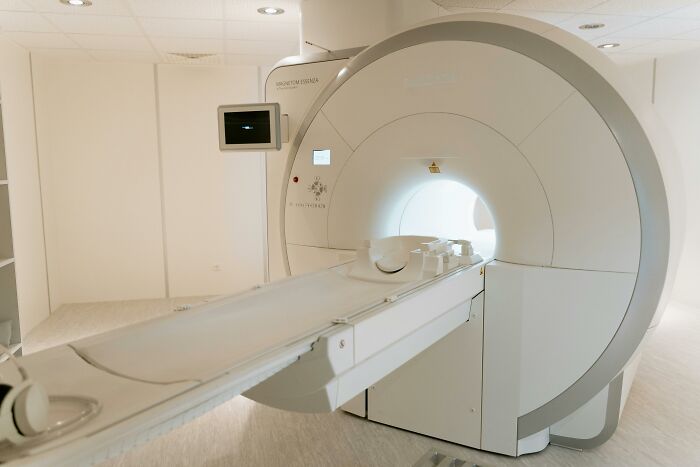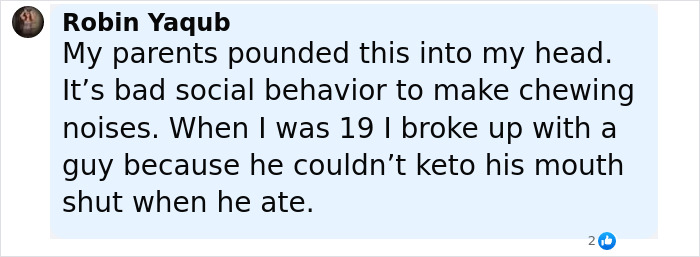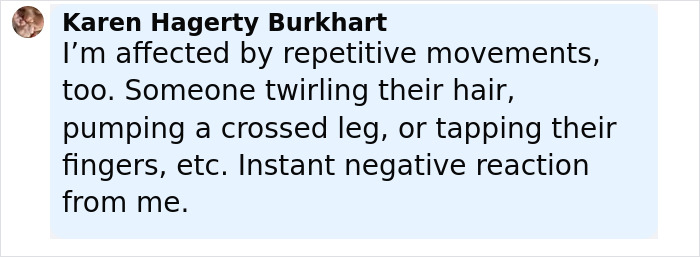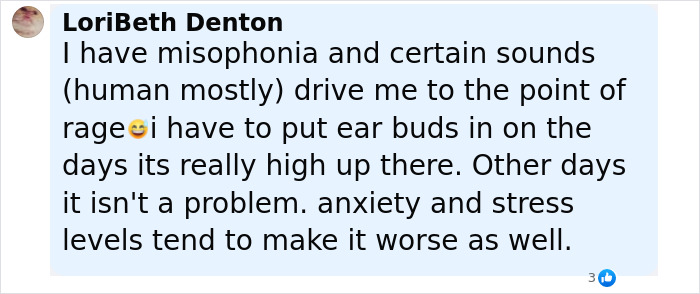Have you ever found yourself so annoyed by a certain sound that it makes you feel almost violent? The sound can be anything from someone chewing with their mouth open, coughing, to clicking their pen nonstop, or a door squeaking.
If you express your irritations with sounds like those, there’s a chance you might be told you’re simply overreacting or that you’re being oversensitive. Yet, as it turns out, those people who would be telling you these things are wrong; feeling intense irritation from certain sounds is proven to be not oversensitivity, but an actual disorder.
Have you ever been extremely irritated by certain sounds like someone chewing loudly or a pen being clicked over and over again?

Turns out, you might have a disorder called misophonia
It’s called misophonia. In a nutshell, it’s an extreme emotional reaction to certain sounds that others find relatively easy to ignore. The most common sounds that disturb people are related to eating, the nose, throat, and repetitive environmental sounds (like a keyboard or rustling paper).
Basically, people who experience misophonia have measurable brain differences in parts that manage emotions. So, when a person is exposed to sounds that irritate them, their brain sparks a physical response – heart rate speeds up, palms sweat, and other responses which seem like the body is preparing for danger.

This was found out through a study with 44 participants, half of whom had misophonia. People were asked to listen to various sounds, some of which were common triggers.
The results showed that people with misophonia had abnormal brain connections in the anterior insular cortex, a place that processes emotions and regulates bodily responses. Essentially, the brain perceives sounds as a threat, even though a person knows it actually isn’t a threat.
It’s when the brain reacts harshly to sounds it perceives as triggers of danger

Additionally, these individuals were proven to have greater levels of myelination – the brain’s natural insulation, which helps signals travel quickly between different areas. This means that their brains are simply wired a little differently.
This research is important because it proves that misophonia isn’t something that people made up to excuse their oversensitivity – it actually affects them in a negative way. After all, it’s more common than one might think – it’s estimated that around 20% of the population might have some form of it.
This was recently proven by a study, where people were asked to listen to various sounds and their brain activity was monitored

It’s hoped that these results will open the path for this disorder to be formally recognized. So far, it isn’t in any diagnostic guides despite having an impact on people’s mental health. For example, people who suffer from misophonia might avoid social gatherings where they may encounter annoying sounds, just so they don’t get triggered and don’t have to experience discomfort and distress.
Misophoniacs’ brains showed abnormal activity, establishing that it wasn’t just them being dramatic when it comes to certain sounds — it was their brain having a hard time processing

From this point on, scientists will try to look into genetic factors that might cause misophonia or why some sounds become triggers, while others don’t. With more research, it’s more likely that treatments could become widely available, which gives hope that one day people will be able to receive help with their responses and improve their quality of life.
It’s hoped that this research will open the path for further research and the disorder’s formal recognition

























